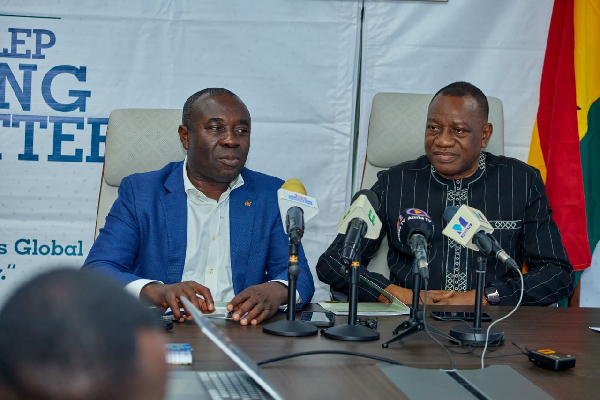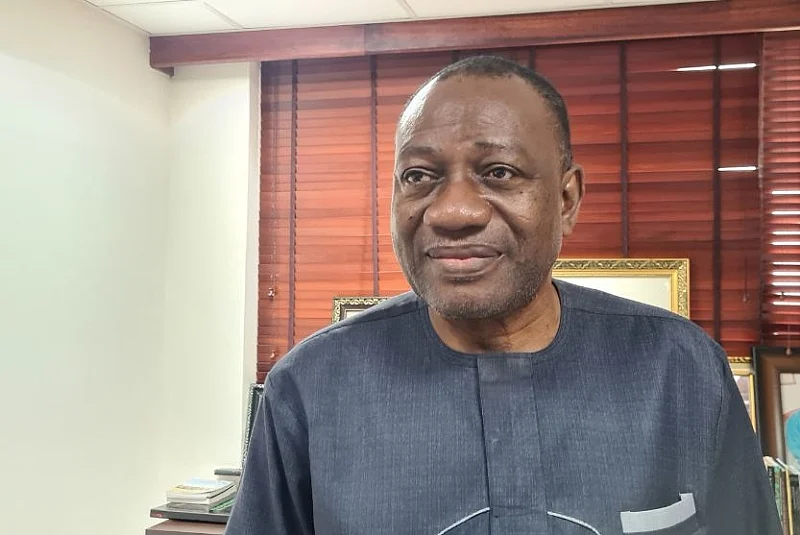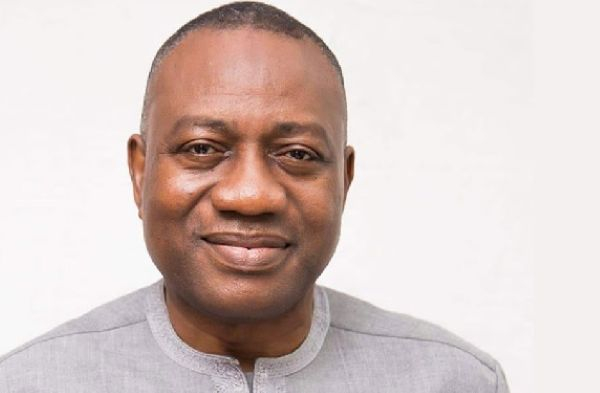Let's simplify work permit procedures for job migrants - Labour Minister to ECOWAS
He said the frustrations many workers encountered due to complex work permit procedures often pushed them into irregular status, posing long-term challenges for countries.
“The promise of mobility comes with persistent challenges that demand our urgent attention. How many families must be separated by dangerous, irregular routes before we create safer pathways?
“We must build governance systems that work for people. This means simplifying those frustrating work permits, processes that push people into irregular status,” the minister said
He was speaking at a regional validation meeting of ECOWAS’ Labour Migration Strategy and Action Plan in Accra yesterday.
The ECOWAS Labour Migration Strategy and Action Plan is expected to be a comprehensive framework to promote well-managed migration, protect migrant workers and maximise developmental impact of migration for both origin and destination countries.
The strategy also aims to create a more integrated, equitable and prosperous West Africa by addressing governance, rights protection and regional cooperation.
It would also address challenges and maximise the benefits of labour migration within the region, while enhancing the protection of migrant workers, improving governance in labour migration and supporting the socio-economic development of ECOWAS member states.
More than 60 labour experts, including labour migration focal persons and statisticians, employer organisations, ECOWAS staff and trade unions, are participating in the workshop.
Dr Pelpuo said that Ghana had taken concrete steps to guide the migration space by developing policies such as the National Labour Migration policy, migration and diaspora engagement policies, as well as other initiatives to offer guidance in the migration space.
“It is not just another policy document. It is our chance to transform promises into practice, to move from fragmented national approaches to true regional cooperation, and to replace exploitation with employment, empowerment and vulnerability with dignity,” he said.
“We need systems that protect the most vulnerable among us.
We must harness migration's development potentials like never before,” he said.
A programme support officer at the African Union Commission, Adaeze Molokwu, stressed the need to harmonise national policies, strengthen institutions and ensure that migrant workers were treated with the dignity, protection and opportunities they deserve.
For employers and the private sector, she urged them to be champions of fair recruitment while investing in development.
The International Organisation for Migration (IOM) Chief of Mission for Ghana, Togo and Benin, Fatou Diallo Ndiaye, expressed confidence that the validation workshop would pave the way for a robust and effective labour migration strategy that will benefit all ECOWAS member states and their citizens.
“If managed well, I strongly believe that labour migration can become a driving force for sustainable development, social cohesion and economic prosperity in our region and at the continental level too,” she stated.
For his part, the Resident Representative of ECOWAS in Ghana, Mohammed Lawan Gana, underscored the need to strengthen existing legal and policy frameworks by reviewing and harmonising migration laws and labour policies in line with best practices.









